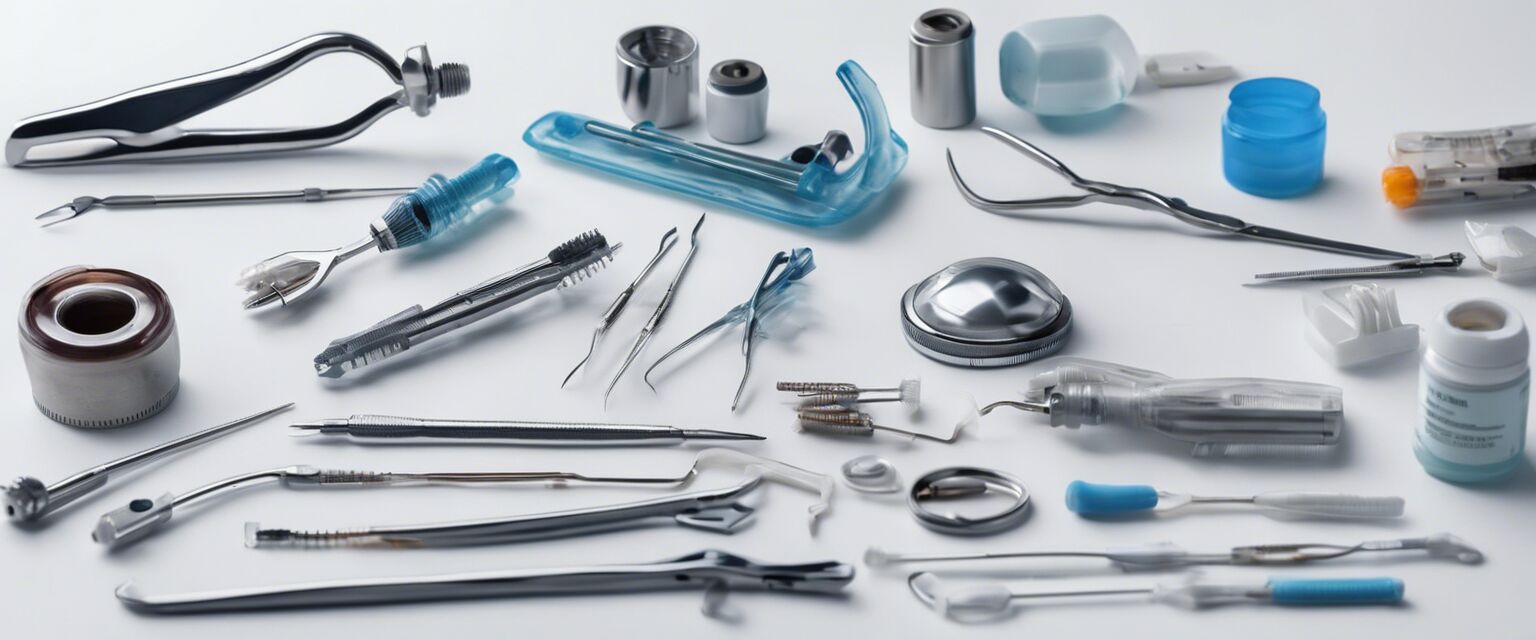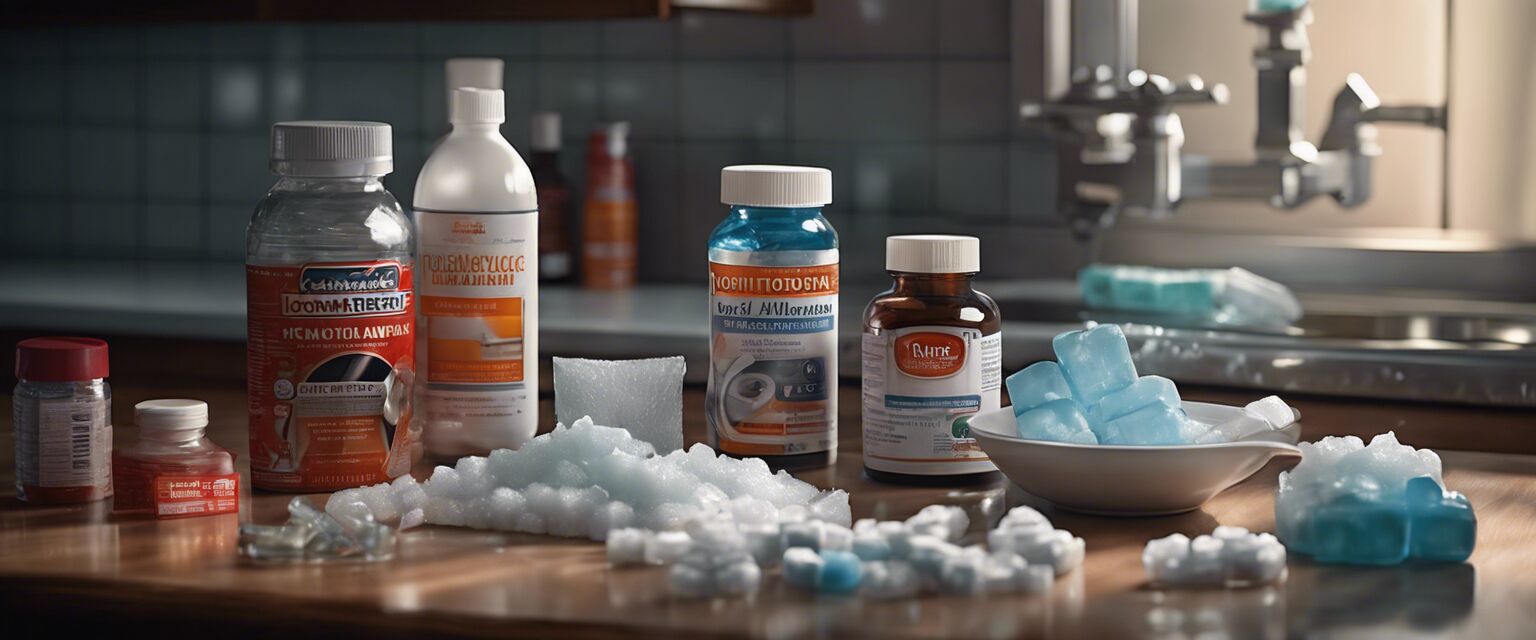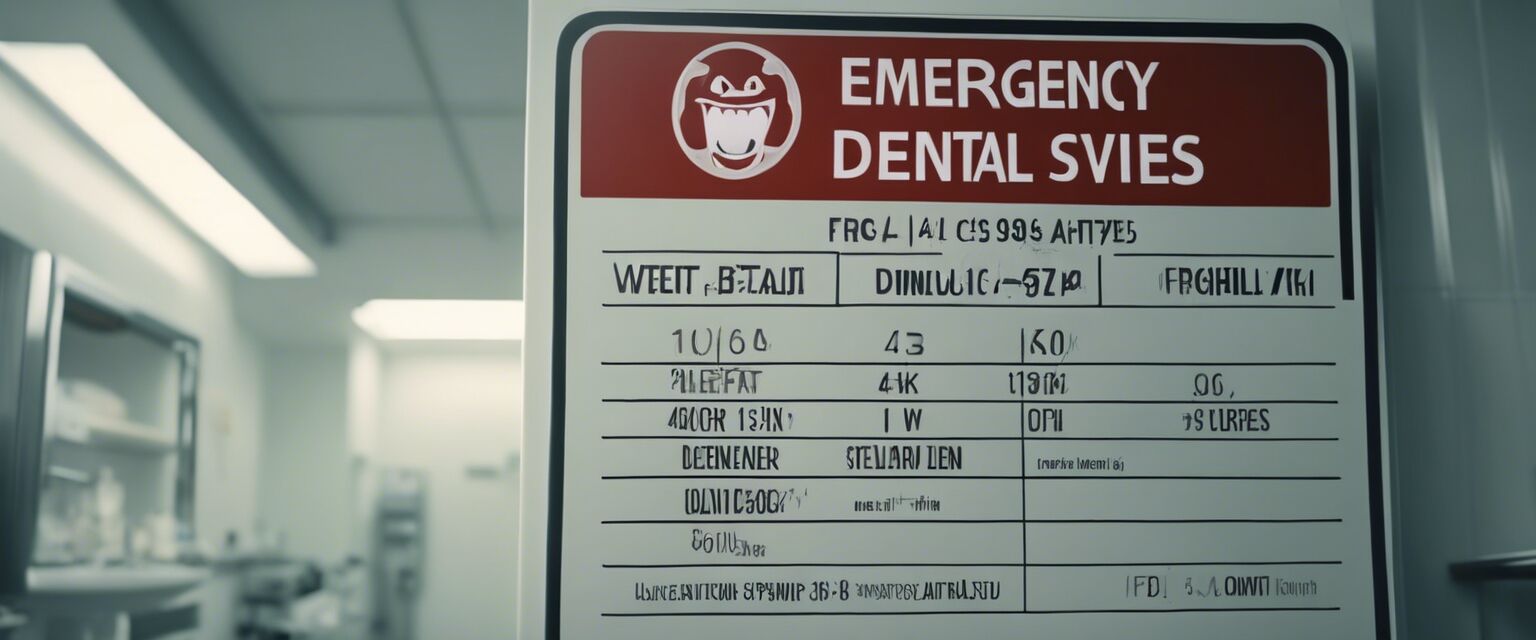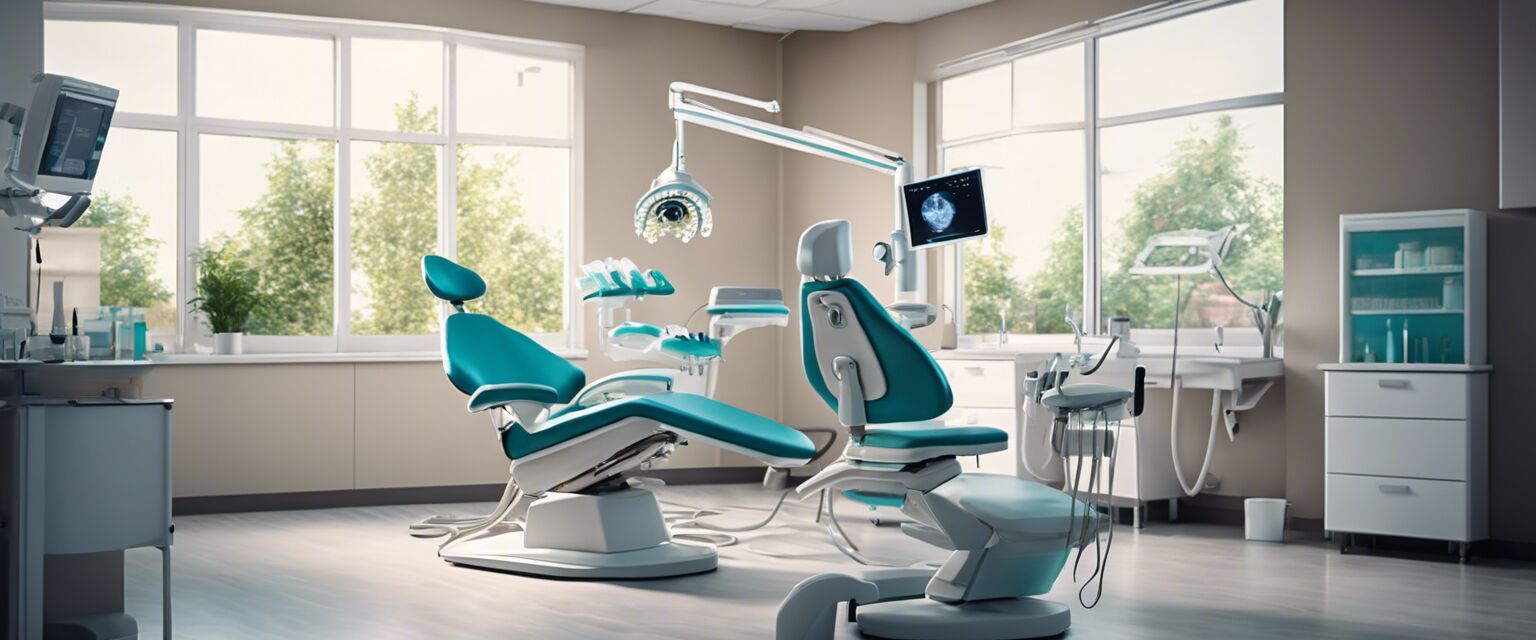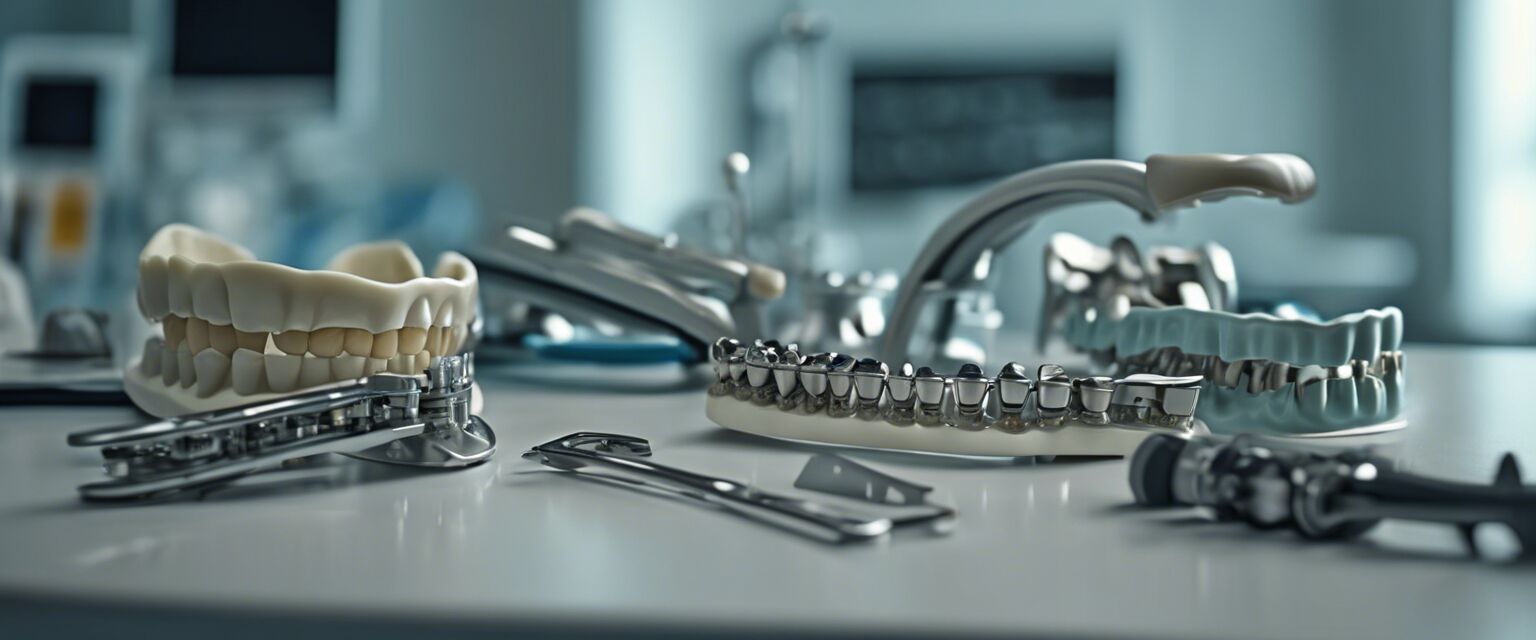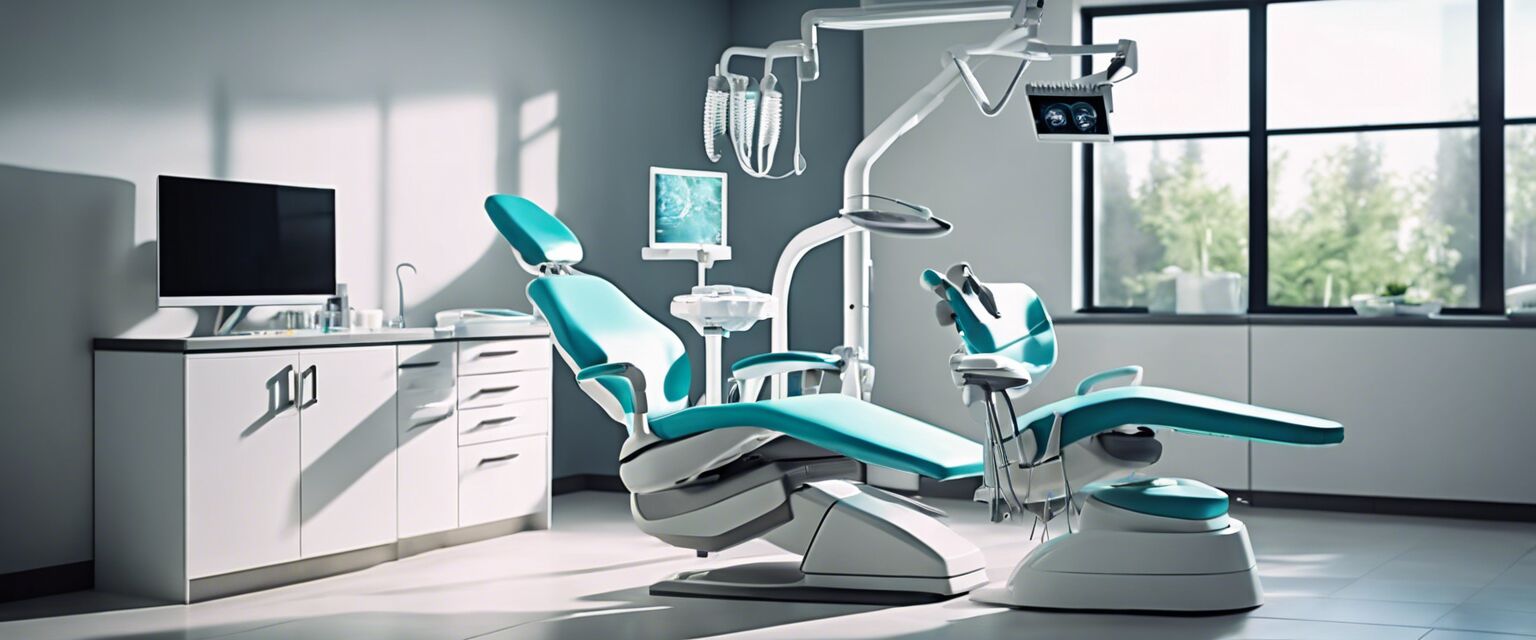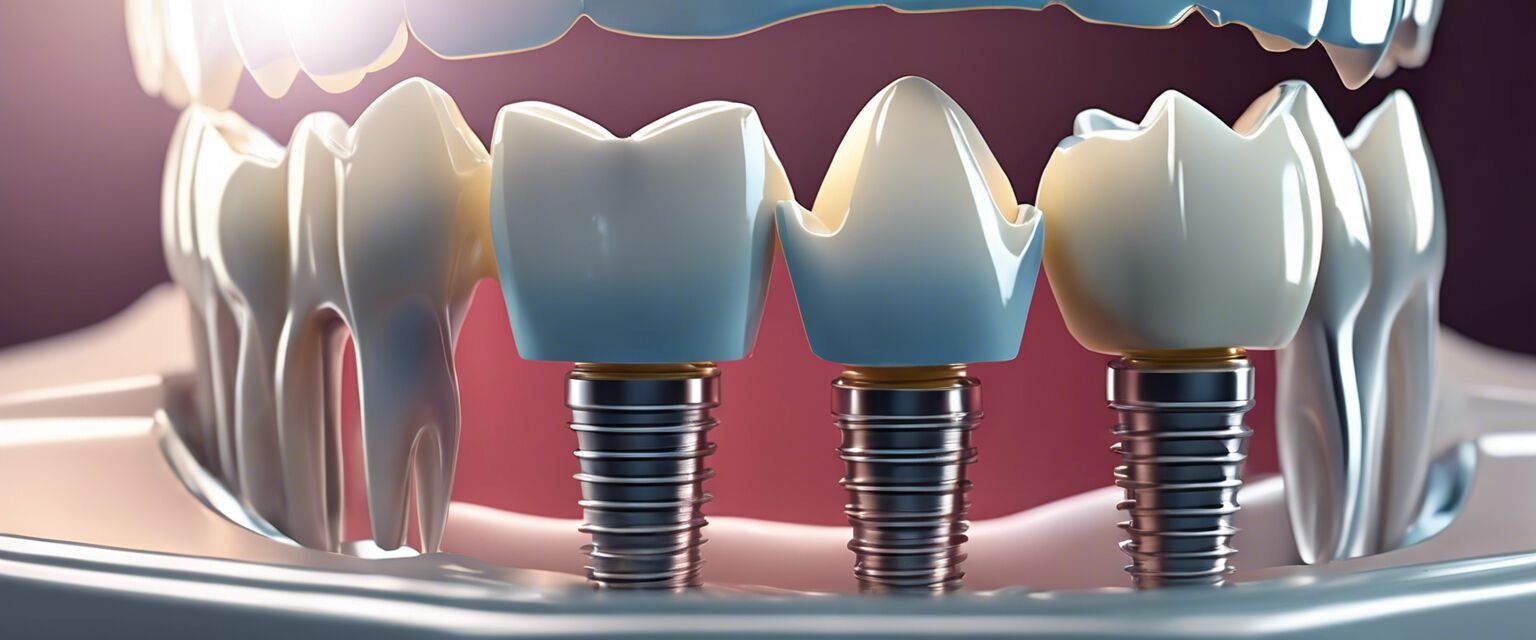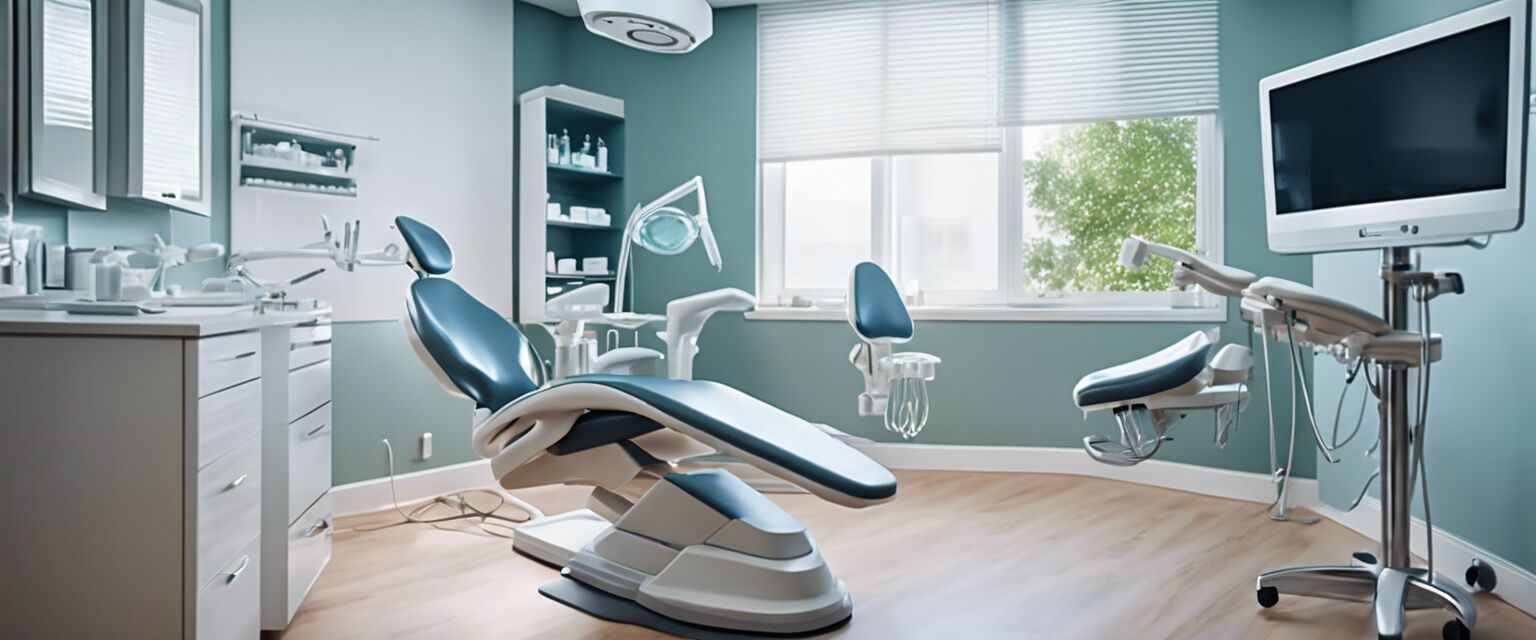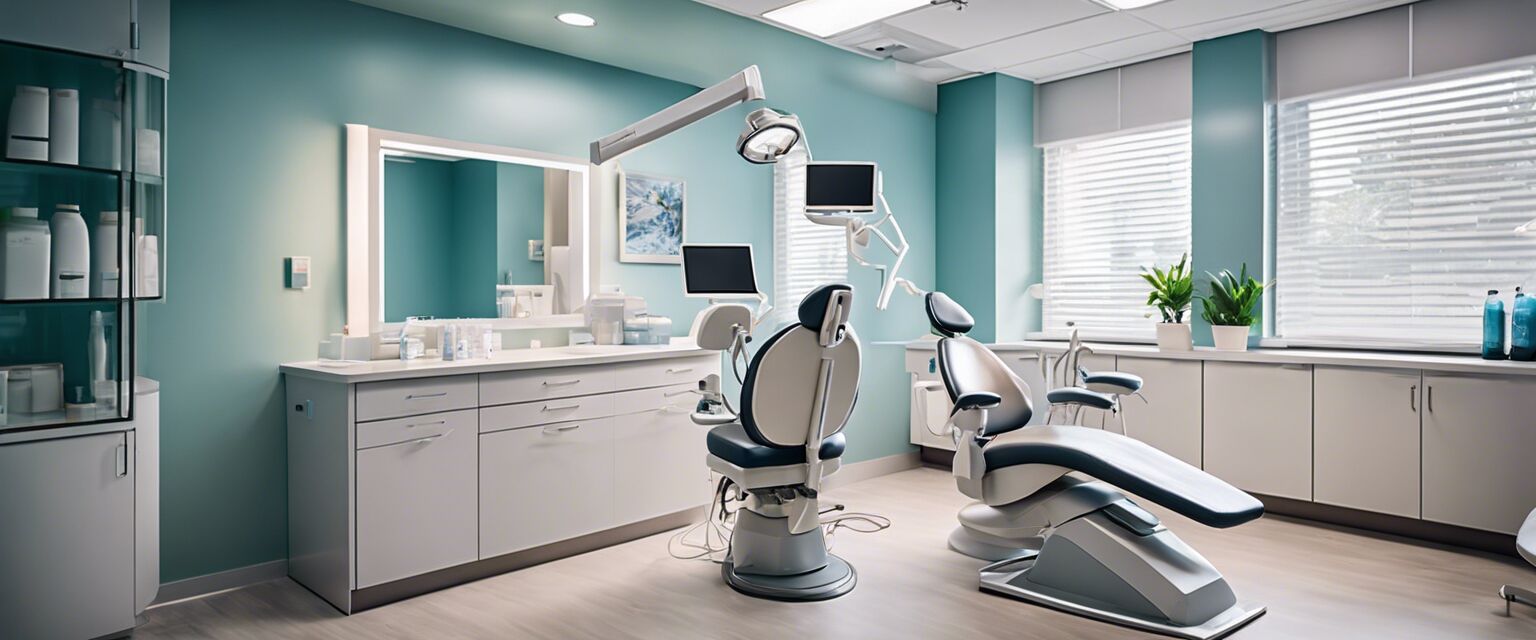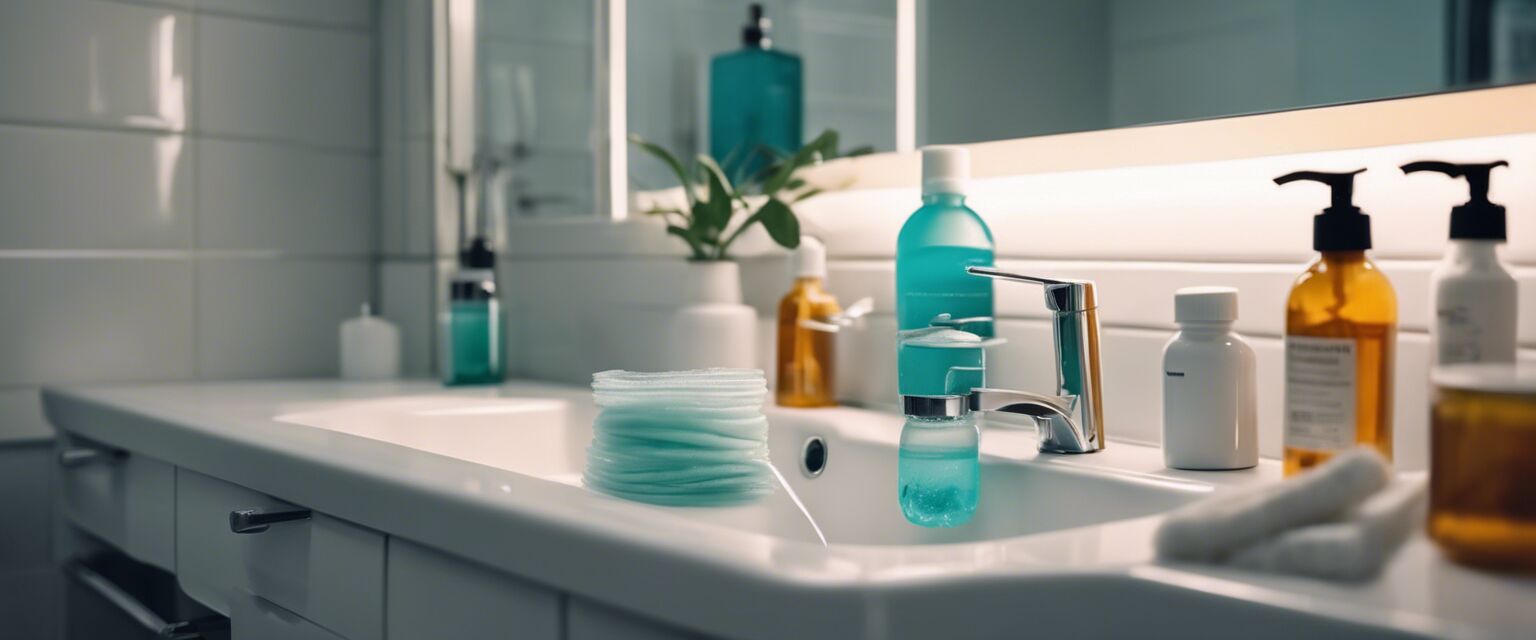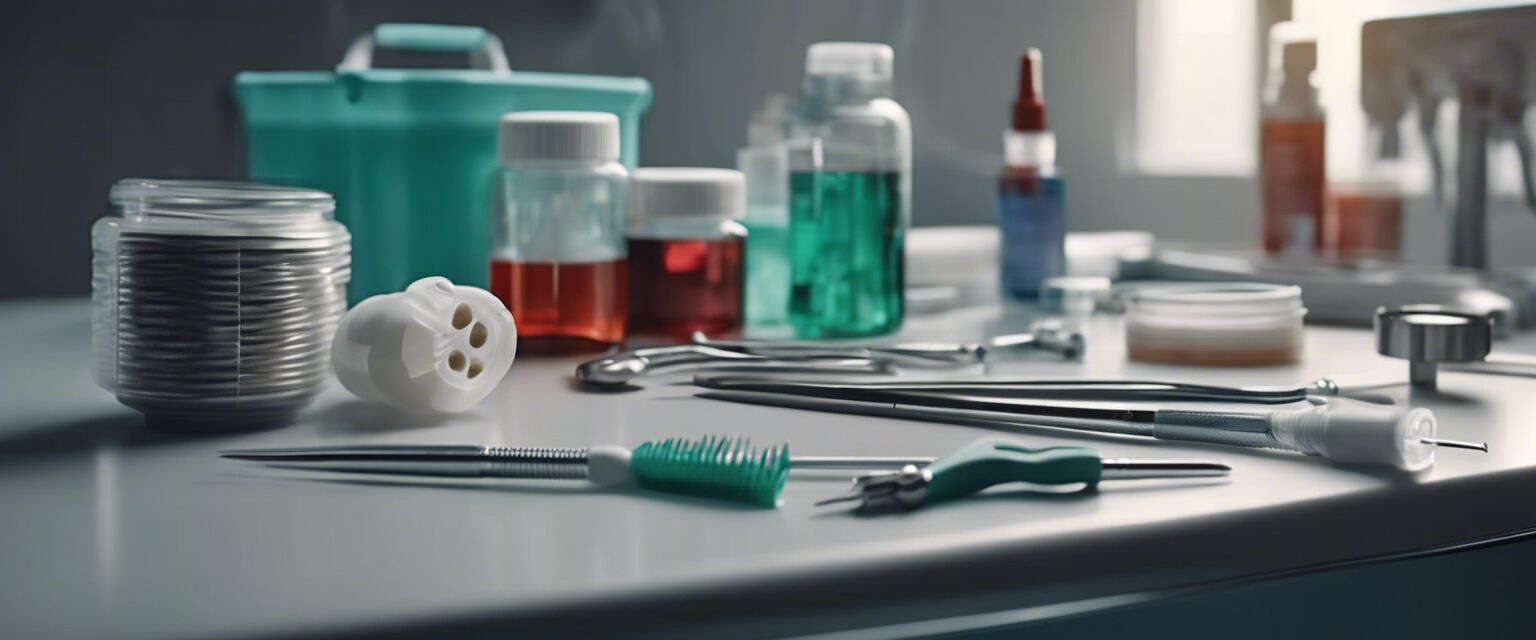
Emergency Dentistry
Key Takeaways
- Emergency dentistry addresses urgent dental issues.
- Common emergencies include toothaches, fractures, and lost fillings.
- Immediate care can often save a tooth and alleviate pain.
- Always have a plan for dental emergencies, including contact information for local dentists.
Dental emergencies can occur at any time and often involve sudden pain or injury. Understanding the types of emergencies and how to respond can make a significant difference in outcomes. This article will explore the services and care available for dental emergencies, ensuring you are well-prepared for any situation.
What is emergency dentistry?
Emergency dentistry focuses on providing immediate care for dental issues that require urgent attention. This includes a range of conditions such as severe tooth pain, broken teeth, and other dental traumas. Services are typically available outside of regular office hours to accommodate urgent needs.
Common dental emergencies
| Emergency Type | Symptoms | Recommended Action |
|---|---|---|
| Toothache | Severe pain, swelling | Contact a dentist immediately |
| Broken Tooth | Sharp edges, pain | Rinse mouth, visit dentist |
| Lost Filling | Sensitivity, discomfort | Use dental cement, see a dentist |
| Knocked-Out Tooth | Missing tooth, bleeding | Keep the tooth moist, see a dentist |
| Abscessed Tooth | Pus, swelling, fever | Seek immediate care |
How to handle dental emergencies
Knowing how to respond to dental emergencies can help prevent further damage. Here are some steps you should take:
- Stay calm and assess the situation.
- If it's a tooth injury, try to locate the tooth or fragment.
- Rinse your mouth with warm water to clean the area.
- Apply a cold compress to reduce swelling.
- Contact your dentist or an emergency dental clinic.
Emergency dental services
Most dental practices offer emergency services or can refer you to a specialist. Common services include:
- Same-day emergency appointments
- Pain management treatments
- Restorative procedures for damaged teeth
- Antibiotics for infections
Choosing the right emergency dentist
When selecting an emergency dentist, consider the following factors:
- Location: Choose a dentist close to your home or workplace.
- Availability: Look for dentists who offer 24/7 emergency services.
- Specializations: Some dentists focus on specific types of emergency care.
- Reputation: Read reviews and ask for recommendations.
Preventive measures for dental emergencies
While emergencies cannot always be prevented, taking the following steps can help minimize risks:
- Regular dental check-ups and cleanings.
- Wearing mouthguards during sports.
- Avoiding hard foods that could cause tooth damage.
- Practicing good oral hygiene at home.
What to do if you are in Charlotte, NC?
If you experience a dental emergency in Charlotte, North Carolina, itâs essential to know your options. Many local dentists provide emergency services. Your first step should be to call your regular dentist, as they may offer after-hours care or can guide you to an emergency clinic.
Additionally, keep the following general dentistry resources handy for regular care to minimize potential emergencies.
Conclusion
Dental emergencies can be stressful and painful, but being informed and prepared can help you navigate these situations effectively. Remember to contact your dentist as soon as possible for the best outcomes. If you have any questions about emergency dentistry or want to schedule an appointment, please reach out to us.
Pros
- Immediate relief from dental pain.
- Prevention of further dental damage.
- Access to professional care at all hours.
- Ability to save a tooth or prevent infection.
Cons
- Higher costs compared to regular dental visits.
- Possible wait times in emergency clinics.
- Limited availability of certain treatments.
Tips for beginners
- Keep a list of emergency dental contacts.
- Familiarize yourself with emergency procedures.
- Invest in a dental emergency kit.
- Educate family members on dental first aid.
Further reading
To learn more about various dental services, explore our other pages:
- Cosmetic Dentistry
- General Dentistry
- Oral Surgery
- Orthodontics
- Pediatric Dentistry
- Restorative Dentistry
